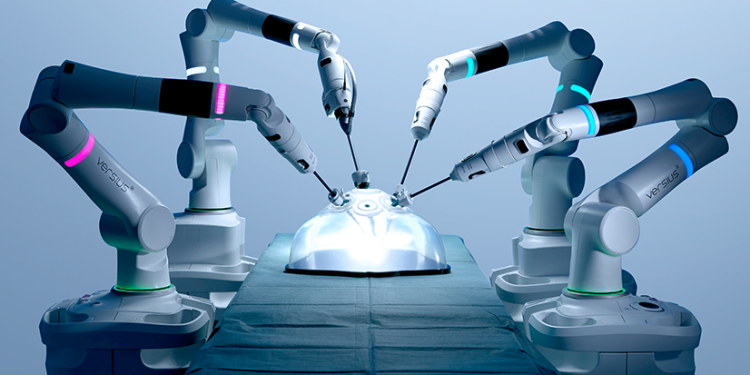Assam has taken a major step forward in cancer treatment with the introduction of a state-of-the-art robotic surgery system at the State Cancer Institute in Guwahati. The advanced facility represents a revolution in the state’s healthcare infrastructure, providing cancer patients with access to precision-based surgeries that offer minimal invasion and faster recovery times.
State Minister Ashok Singhal announced the development, highlighting how the technology would transform cancer care in the region. “With the introduction of a state-of-the-art Robotic Surgery System at the State Cancer Institute, Guwahati, cancer patients now have access to precision-based cancer surgeries, minimal invasion, and faster recovery,” the minister stated.
With the introduction of a state-of-the-art Robotic Surgery System at the State Cancer Institute, Guwahati, cancer patients now have access to precision-based cancer surgeries, minimal invasion, and faster recovery.
A visionary step made possible under the dynamic leadership of… pic.twitter.com/Wsg8ngbE4p
— Ashok Singhal (@TheAshokSinghal) May 10, 2025
The robotic surgery system offers several key advantages over traditional surgical approaches for cancer treatment:
- Precision-driven Cancer Surgeries: The technology enables surgeons to perform complex procedures with enhanced precision and control, potentially improving outcomes for patients with various types of cancer.
- Minimal Invasion, Maximum Recovery: By utilizing smaller incisions than traditional open surgery, the robotic system reduces patient trauma, blood loss, and post-operative pain, leading to shorter hospital stays and quicker return to normal activities.
- World-class Care Locally Available: The technology brings international standards of surgical care to Assam, eliminating the need for patients to travel outside the state or country for advanced cancer treatments.
Healthcare experts note that robotic surgery systems represent the cutting edge of surgical technology, with computer-assisted precision that allows for delicate operations in confined spaces within the body. The technology typically features a magnified 3D high-definition vision system and tiny wristed instruments that bend and rotate far greater than the human hand, enabling enhanced visualization and precision.
The introduction of this advanced system addresses a significant gap in northeastern India’s healthcare infrastructure. Previously, patients requiring such specialized surgical interventions often had to travel to metropolitan centers like Delhi, Mumbai, or Chennai, incurring substantial expenses and facing logistical challenges.
The government has indicated that this investment represents part of a broader strategy to develop Guwahati as a medical hub for the entire northeastern region, with cancer care being a priority area given the region’s specific health challenges.





